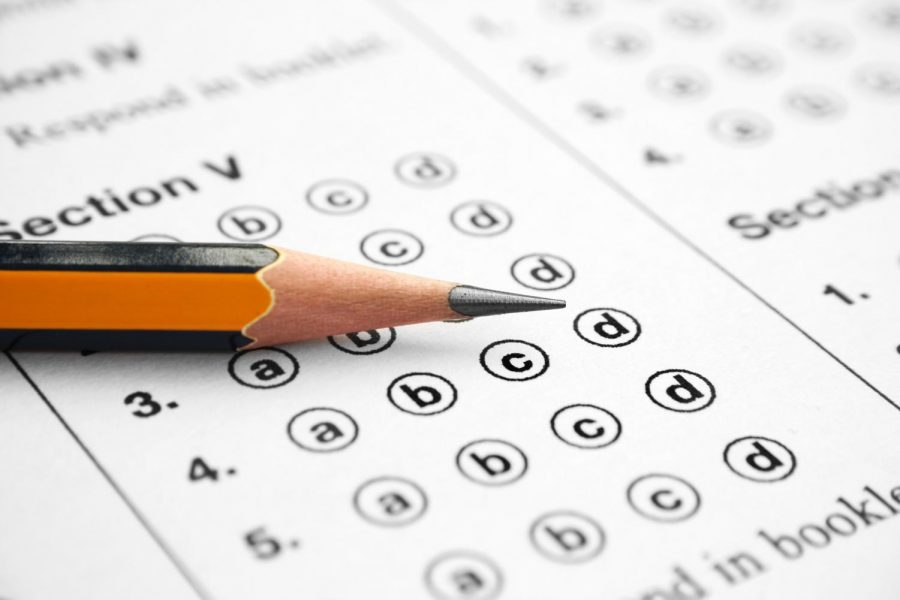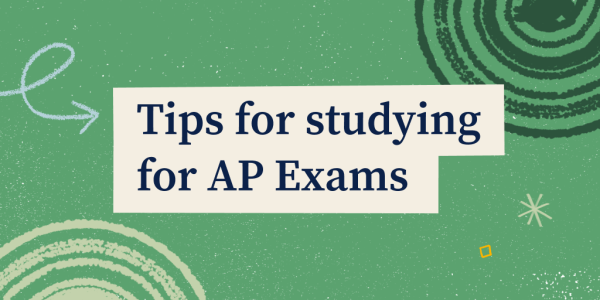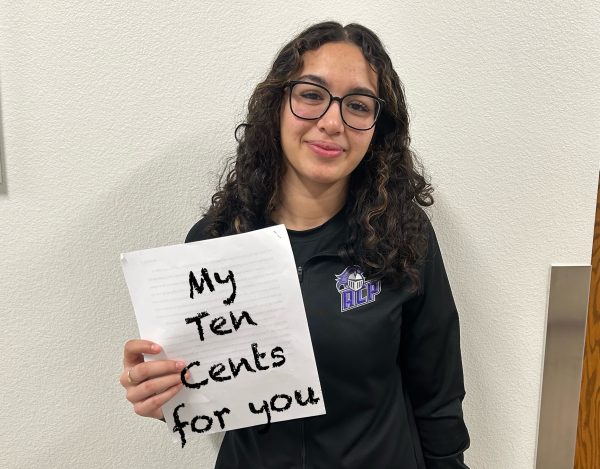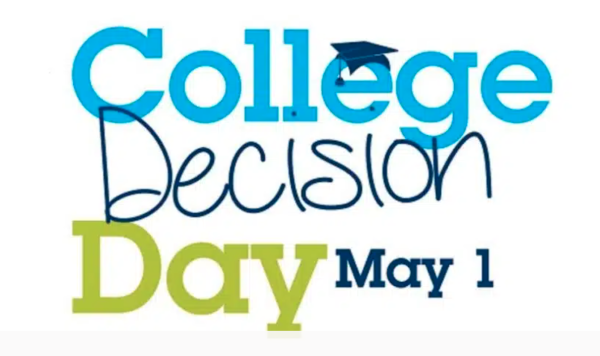Preparing for Standardized Testing in Style
 With the fast-paced and electrifying second quarter comes a notable day on campus. On October 24th, our ACP students took the PSAT, and it is clear that our Knights not only performed to the best of their ability, but also came out of the test feeling relieved and comfortable with the test itself.
With the fast-paced and electrifying second quarter comes a notable day on campus. On October 24th, our ACP students took the PSAT, and it is clear that our Knights not only performed to the best of their ability, but also came out of the test feeling relieved and comfortable with the test itself.
- Never leave an answer empty! Skipping the question may seem like an easy option when it’s too hard, but don’t forget to go back and fill it in by the end of the test. If you’re completely lost, a random guess is better than nothing.
- During the comprehension sections, don’t read the text too thoroughly. On your first read, get an idea of the broad ideas of the text. Once you go to reread the material, you’ll feel more acquainted with the piece and likely understand more.
- Eliminating the outlier in a multiple choice question instantly makes the entire problem easier. By narrowing the margin of choice, you’ll not only feel more secure in your answer, but will also be more likely to have gotten that problem correct.
- Away from the test itself, personal care is a major factor in test-taking of any form. Eating a healthy breakfast, getting a full nights sleep, and limiting stress leading up to the test can help your brain prepare before you even start to write.
- Practice tests online and other drill PSAT questions are a go-to for both prepared students and those last-minute crammers.
The PSAT, or any major standardized test, shouldn’t be a colossally stressful deadline. Our ACP teachers have more than prepared the capable students for these kinds of tests, and by following these tips, our Knights should have no problem acing any test. A majority of stress for students during or before tests comes not from the material itself, but from how we approach the exam. When it comes to the national testing, a calm conduct will always be the better option for those looking for national merit. Even before the scores have been returned, we know our ACP students have proven their skill at the front lines of the College Board.








